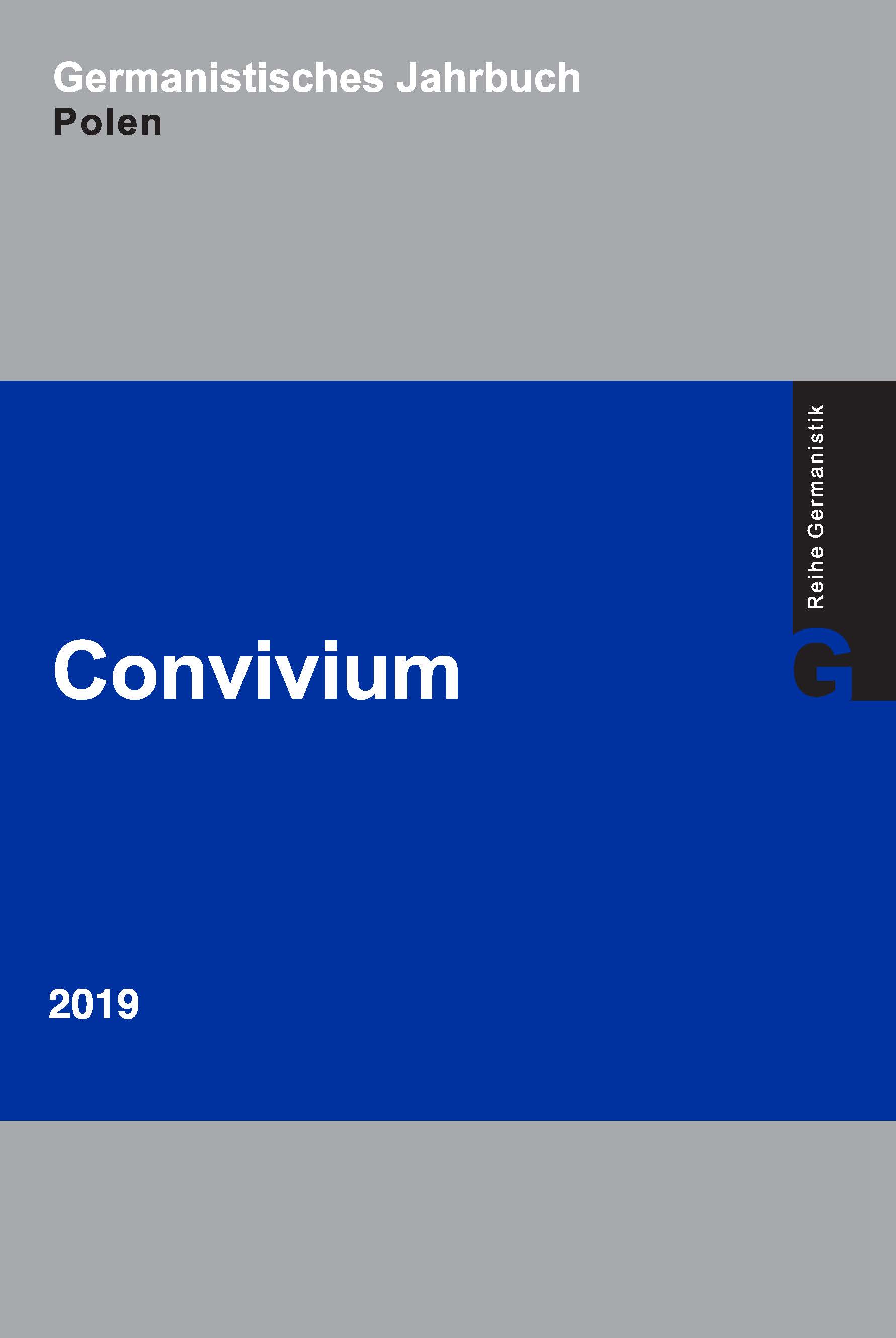Was leistet die Kälte des Schauspielers bei LESSING und DIDEROT?
The Impact of “Cold Acting” in LESSING and DIDEROT
Author(s): Susanne KaulSubject(s): Theatre, Dance, Performing Arts, History of Art
Published by: Wydawnictwo Uniwersytetu Łódzkiego
Summary/Abstract: This article presents the debate on theatre theory that arose in the 18th century and in which DIDEROT and LESSING participated. The conflict revolved around the question whether an actor should convey authentic emotions and identify with the character he/she plays or whether he/she should act in an unemotional and controlled way without becoming absorbed in the role. While DIDEROT delivers many arguments for “the cold actor”, LESSING pleads for a mix of “fire” and “coldness”. The thesis of this article is that LESSING’S “coldness” is justified by an Enlightenment common sense morality that can be seen as akin to Adam Smith’s ideas, while DIDEROT defends the “cold” way of acting in the name of aesthetic values which serve to assure a high artistic level of performance. The article looks at how some implications of these statements about “cold” and “hot” feelings are critically related to contemporary emotion theories.
Journal: Convivium. Germanistisches Jahrbuch Polen
- Issue Year: 2019
- Issue No: 1
- Page Range: 31-46
- Page Count: 16
- Language: German

